Introduction
MP Salary in India: The salary of Members of Parliament (MP) in India is a subject of great interest and curiosity among citizens. MPs play a pivotal role in shaping the nation’s laws and policies, and many wonder how much they are compensated for their service.
This article will delve into the various aspects of MP salaries in India, including basic pay, allowances, and other benefits that MPs receive. Additionally, we will examine how these salaries compare to those of other government officials and discuss the transparency of these payments.
What is an MP Salary in India?
An MP salary in India refers to the remuneration paid to the elected members of the Lok Sabha (the lower house) and Rajya Sabha (the upper house) of the Indian Parliament. MPs are tasked with representing their constituencies, debating important bills, passing laws, and holding the government accountable. In exchange for their work, MPs are entitled to a salary, allowances, and other perks.
The salary structure of MPs is designed to ensure that they are compensated adequately for the time and effort spent in serving the country. Over the years, the salary of MPs has undergone several revisions, and it is crucial to understand how this system works.
How Much Do MPs Earn in India?
| Component | Details |
|---|---|
| Basic Salary | ₹1,00,000 per month |
| Constituency Allowance | ₹70,000 per month |
| Office Expense Allowance | ₹60,000 per month |
| Daily Allowance | Varies depending on the number of days in session |
| Travel Allowance | Varies based on travel and mode of transportation |
| Pension | Entitlement to pension after retirement based on years of service |
| Medical Benefits | Free medical treatment for MP and family |
| Accommodation | Government-provided accommodation in Delhi or other cities |
| Telephone and Internet | Free services for official use |
The MP salary in India is divided into several components, including basic pay, constituency allowance, and other special allowances. Let’s break it down:
- Basic Salary:
The basic salary of an MP in India is ₹1,00,000 per month. This is the core component of their remuneration. - Constituency Allowance:
MPs are provided with an additional allowance to help them manage the costs associated with their constituencies. The constituency allowance is ₹70,000 per month. - Office Expense Allowance:
MPs also receive an office expense allowance of ₹60,000 to cover the expenses related to their work, such as maintaining an office, hiring staff, and other operational costs. - Travel Allowance:
MPs are entitled to travel across India to fulfill their duties, and they receive a travel allowance based on the number of journeys they make. They can travel by air, train, or other means depending on their position and availability. - Other Allowances:
There are also other allowances such as:- Daily Allowance: MPs are given a daily allowance when the Parliament is in session.
- Pension: After retirement, MPs are entitled to a pension depending on the number of years they served.
How Does MP Salary Compare to Other Government Officials?
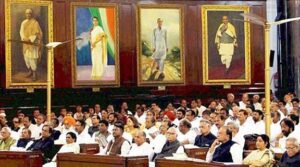
MP Salary in India
| Position | Salary (Approx.) | Key Benefits | Remarks |
|---|---|---|---|
| Member of Parliament (MP) | ₹1,00,000 per month (Basic) | Constituency Allowance, Office Allowance, Pension, Medical Benefits, Accommodation | High compared to many government jobs, with significant additional allowances |
| Prime Minister (PM) | ₹2,00,000 per month | Residence, Security, Medical Benefits, Travel, Staff | The PM’s salary is higher due to the role’s responsibilities |
| Chief Justice of India (CJI) | ₹2,80,000 per month | Residence, Staff, Security, Travel, Medical Benefits | The CJI enjoys a higher salary due to the judicial responsibilities |
| IAS Officer (Secretary Level) | ₹2,50,000 per month (Approx.) | Residence, Security, Staff, Medical, Travel Allowances | Senior IAS officers are paid well, but their salary varies with position |
| District Magistrate (DM) | ₹80,000 – ₹1,00,000 per month | Residence, Security, Staff, Travel, Medical Benefits | DM’s salary is less than MPs but includes other benefits |
| Government Employee (Junior Level) | ₹25,000 – ₹50,000 per month | Basic Benefits, Medical, Leave Allowances | Much lower salary than MPs, depending on position and state |
The salary of an MP in India is significantly higher compared to most government employees. While a junior government employee might earn around ₹20,000 to ₹50,000 per month, an MP’s remuneration is many times higher. The generous pay package for MPs is often debated, with some arguing that it is justified due to the responsibilities they shoulder, while others believe it should be more in line with average earnings in the country.
Additional Benefits for MPs in India
In addition to their salary, MPs in India are entitled to several other perks and benefits, which include:
- Free Medical Facilities:
MPs are entitled to free medical treatment for themselves and their family members. They are provided with top-class healthcare at government hospitals. - Residential Accommodation:
MPs are provided with government accommodation, either in Delhi or other cities. They can also avail of this facility even if they are not serving as MPs anymore. - Security and Protection:
MPs are given a security detail and personal protection by the government. This is particularly relevant for those MPs who hold significant influence or face threats. - Telephone and Internet Facilities:
MPs are entitled to free telephone and internet services, which are essential for them to carry out their duties effectively. - Retirement Benefits:
Upon retirement, MPs receive pensions, as well as other retirement benefits, including a generous severance package.
MP Salary in India: Is It Transparent?
One of the common questions about MP salary in India is whether these payments are transparent and accessible to the public. The salaries, allowances, and benefits of MPs are published periodically, and there is a significant amount of information available on government websites and through public forums.
However, many people feel that the salary is disproportionately high compared to other public service positions. The transparency of these payments has been a topic of public debate, especially during times of economic crisis or when government spending is under scrutiny.
The Controversy Around MP Salaries
The salary of an MP in India has often been criticized, particularly in times of economic hardship or when the government announces austerity measures. Some argue that the salary is too high, given the country’s poverty levels, while others contend that MPs should be compensated fairly for the challenging work they perform.
There have been instances where MPs voluntarily gave up their salary hikes or voted against proposals for pay increases. These instances have sparked public discussion about the fairness of the pay structure.
What Are the Revisions in MP Salary?
The salary structure of MPs has been revised several times since the inception of the Indian Parliament. Initially, MPs were paid a modest salary, but over time, this was increased to reflect the growing responsibilities and costs associated with the role.
In 2018, the salary of an MP in India was increased, and the new pay structure included a hike in the basic salary, constituency allowance, and office allowance. The last revision was made with the approval of the Rajya Sabha and Lok Sabha members, ensuring that the pay scale was in line with the inflation rate and the rising cost of living.
How MP Salaries Are Funded?
The salaries and allowances of MPs are funded by the Indian government. The payment comes from the public exchequer and is authorized by the Parliamentary Pay and Allowances Act. This act governs the salary structure of MPs and ensures that their compensation is in line with their duties.
Should MP Salaries Be Reduced?
A common debate that resurfaces periodically is whether the MP salary in India should be reduced or capped. Some believe that MPs should have their salaries reduced during times of economic crisis, while others feel that their salary should remain unchanged due to their vital role in the functioning of democracy.
Conclusion
The salary of an MP in India is substantial, considering the role MPs play in the functioning of the government. While the salary includes various components like basic pay, allowances, and perks, the topic continues to remain contentious. There are various opinions about whether the salaries of MPs are justified or whether they need to be revised to reflect the economic realities of the country. However, one thing is clear – the salary of an MP in India is structured to ensure that they are compensated fairly for their services, and it will continue to be a matter of public discussion and debate.
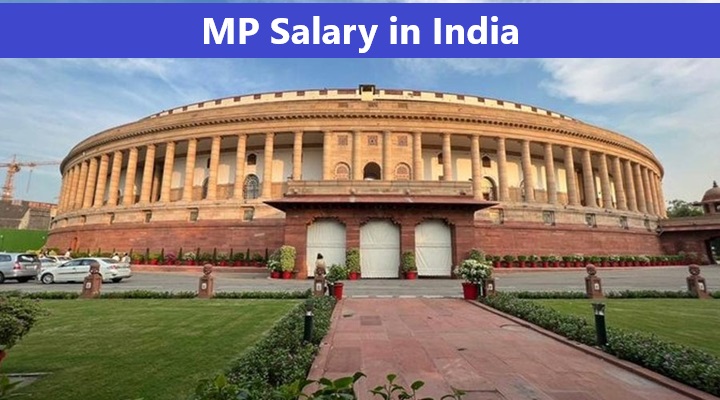



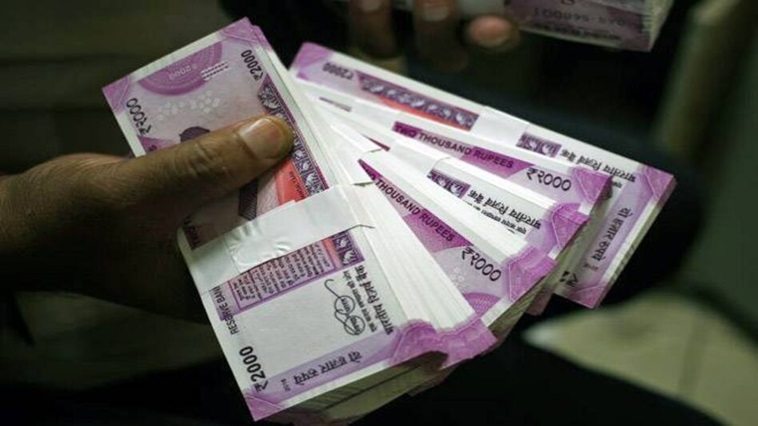
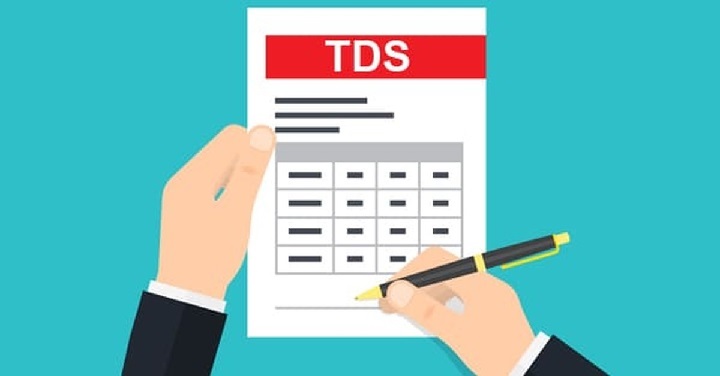



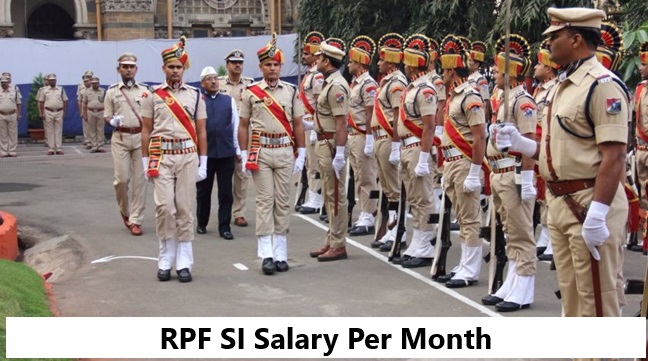
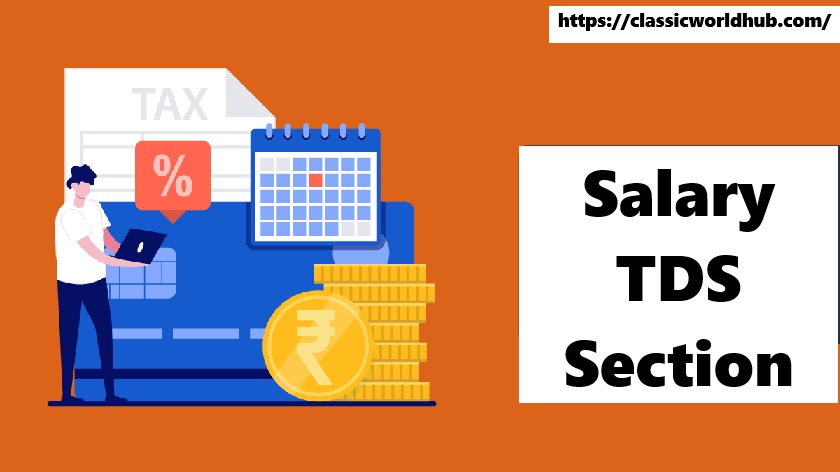
Leave a Reply